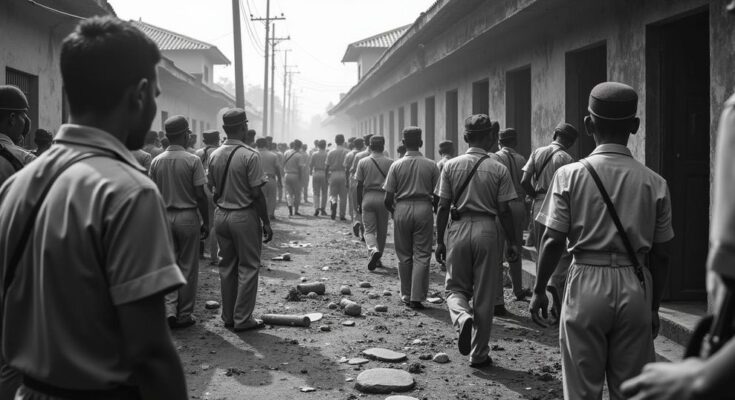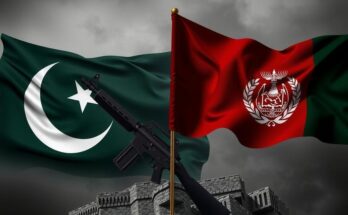The International People’s Tribunal in The Hague has declared Indonesia responsible for the mass killings of 1965-1966, which resulted in the deaths of between 500,000 to one million individuals tied to the Indonesian Communist Party. The tribunal identified numerous violations of human rights, including genocide, and recommended that the Indonesian government apologize and take action against the perpetrators.
The International People’s Tribunal in The Hague has officially determined that Indonesia bears responsibility for heinous crimes against humanity committed during the mass killings of 1965-1966. This dark chapter in Indonesia’s history saw the deaths of an estimated 500,000 to one million individuals accused of being affiliated with the Indonesian Communist Party (PKI) or perceived as its sympathizers. The purge, heavily supported by the military, facilitated the ascension of the New Order regime under former President Suharto. In its final verdict delivered on July 20, the tribunal, comprising an international panel of judges, explicitly stated that Indonesia must be held accountable for ten significant violations of human rights, including genocide targeting members and supporters of the PKI and the Indonesian National Party (PNI). Presiding Judge Zak Yacoob emphasized, “The State of Indonesia is responsible for and guilty of crimes against humanity consequent upon the commission and perpetration, particularly by the military of that state through its chain of command, of the inhumane acts.” The tribunal’s report outlined various human rights violations beyond mass killings, such as torture, slavery, forced disappearances, sexual violence, and false propaganda. Judge Yacoob elaborated that the systematic attacks against the PKI were initiated through deceptive messaging and propaganda. The findings revealed that Indonesia’s state mechanisms not only participated in these gross violations but also failed to prevent or penalize such actions, including those perpetrated by unaffiliated groups acting spontaneously. He asserted, “To the extent that some crimes were committed independently of the authorities, by so-called ‘spontaneous’ local action, this did not absolve the State from the obligation to prevent their occurrence and to punish those responsible.” Ultimately, the tribunal called upon the Indonesian government to issue apologies to all affected victims and their families, pursue inquiries into these crimes, prosecute the perpetrators, and ensure reparations for the survivors. They underscored the necessity for a swift response from the government to address these long-standing issues, specifically citing the 2012 report from the National Commission on Human Rights, which recommended investigating severe human rights abuses during this tumultuous period. Furthermore, the tribunal insisted on rehabilitation for the surviving victims of the massacre and their protection under both national and international law.
The period of 1965-1966 in Indonesia is marked by a catastrophic anti-communist purge, which was triggered by a failed coup attempt attributed to the PKI. This purge involved widespread violence, massacres, and the systematic elimination of perceived communists and their supporters, leading to significant loss of life and gross violations of human rights. The rise of Suharto’s regime was closely linked to the military’s efforts during this period, which not only involved direct killings but a broader network of oppression that followed. The International People’s Tribunal sought to highlight these past injustices and the ongoing repercussions faced by the survivors and their families, emphasizing the need for accountability and historical recognition.
In conclusion, the International People’s Tribunal’s declaration marks a significant step toward acknowledging Indonesia’s historical crimes against humanity during the 1965-1966 mass killings. The tribunal’s findings call for official apologies, legal accountability, and reparative justice for victims, shedding light on the state’s role in these atrocities. As Indonesia confronts its past, the tribunal’s recommendations may pave the way for healing and reconciliation for the affected communities.
Original Source: jakartaglobe.id




